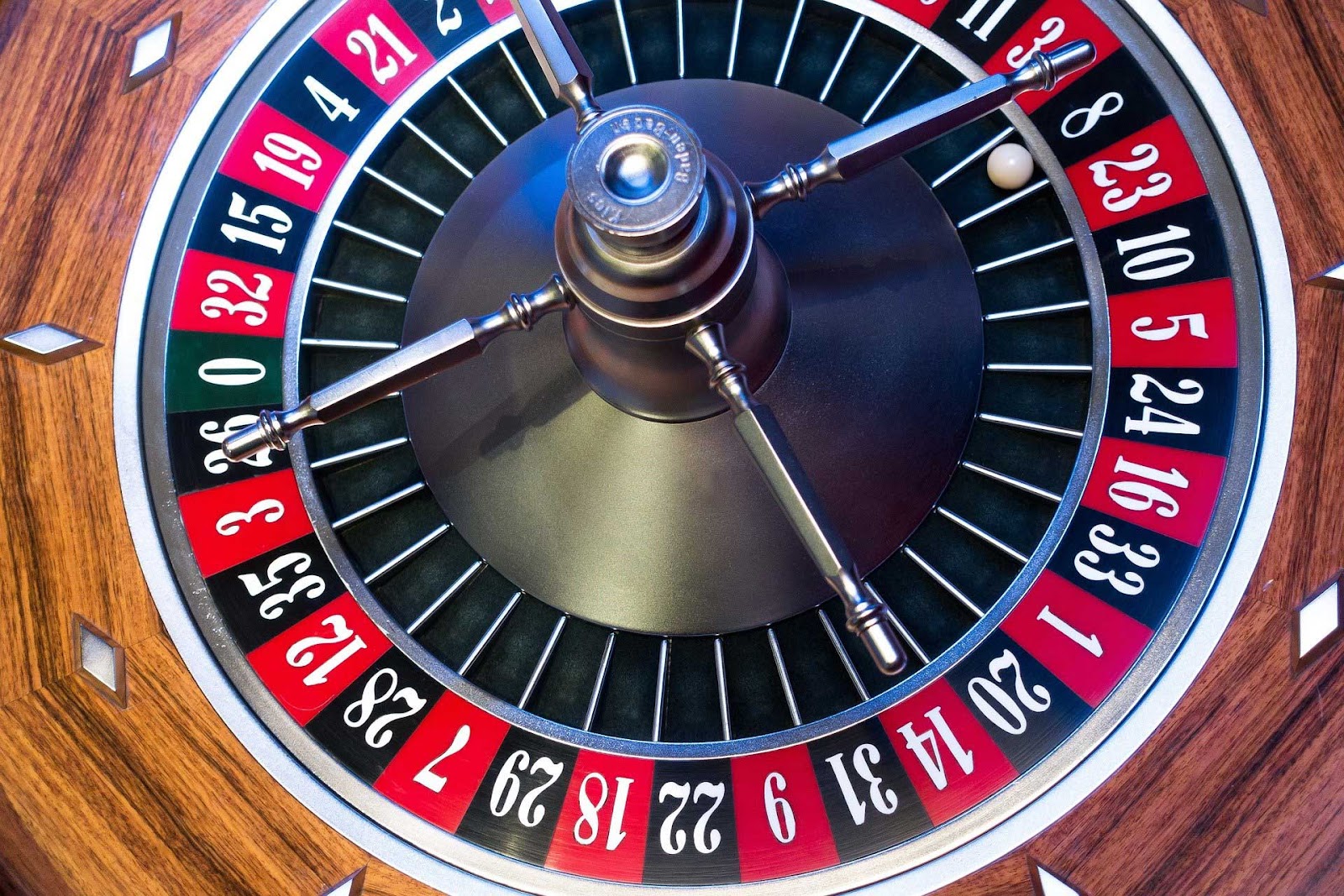How To Fix A Match?
Following recent revelations that Chinese gamblers and match-fixers had been active in South Korea's third division, I talked to Declan Hill.
Hill is a journalist who specialises in match-fixing in football and has written a book on the subject called The Fix
If you want to fix a match, what should you do?
You have to think about the hierarchy of the team. A match-fixer is like a spider in the middle of the web. On one side, he has to get the players and referee. It is not easy as he may not know the players. Even if you do, it is not so simple to call them and ask.
So they hire the access. They will him someone who they call ‘a runner’. He will talk to a senior member of the team. Ideally this is a player who had very high status in the team but recently left – perhaps he is also having some financial problems. He perhaps asks his former team-mates to come to a hotel and meet some friends.
The other side of the spider's web is the gambling market. Many of the bookmakers, know both the big punters and the big fixers, so they have to hide their identity. They do this by hiring people they call ‘beards’. Literally, people who disguise who is placing the bets, but with the internet, this is much easier.
How does it work?
The best way is to get a star player and maybe two or three others in a weaker team. Most people think that match-fixing is all about getting a strong team to lose to a weak team but that is not the case. Match-fixers don't care about that – they just want certainty and it is easier to get that by focusing on the weaker team.
For example, if Chelsea were to play Lincoln – I am not suggesting that these two clubs or their players have ever fixed a game either together or separately. - the fixers will focus on Lincoln. They will try to fix it so Lincoln lose in a big way. The fixers say 'look, you are playing Chelsea. You are going to lose anyway. All we want you to do is to lose by many goals.'
The senior player tells the team, 'we are going to lose, why not make some money from this?' So they guarantee a defeat by four or five goals.
Not only is it cheaper to target the weaker team but if you bet $1 million or $2 million on Chelsea winning by four or five goals on the Asian market, nobody would notice as Chelsea are expected to win. When you have certainty, you can make a lot of money.
How big is this market?
It is huge. The illegal Chinese gambling market accounts for around 60-70% of the world's gambling market. This includes places like Las Vegas and the big British gambling companies.
Many Asian leagues have seriously declined in recent years, one reason is the live broadcasts of European football but match-fixing and corruption has really hurt leagues such as China and Malaysia.
The initial reaction in Korea at first was 'why would anyone want to bet on the K3 League'?
I understand that. People in Belgium thought exactly the same when it was revealed that Chinese gamblers were betting on Belgium's lower leagues. It was the same in Finland. These people will bet on anything – U-19, Women's football, leagues in Iceland, anything!
What should Korean football authorities do now?
They should not follow FIFA’s example. They really have had a shameful lack of action. Every pro-league in the USA –basketball, baseball etc – has a security department staffed by former FBI officials and senior cops and it is their job to watch out for this kind of thing.
I don't want to comment specifically on Korea as I have never been there but they can look at the example of Denmark. In Denmark (where some players were recently found guilty of match-fixing), they set up a hotline to the security forces. Players knew that if they were contacted by match-fixers they could call a number immediately and do it anonymously and talk directly to the security. They didn't have to call the FA and worry that some people may suspect them of match-fixing.
My message to Korea is don't underestimate them. They are criminals with money and resources and experience. It is unusual to have a case of match-fixing in the lower leagues and not in the top leagues.
Korea should have senior police monitoring illegal betting markets. In Europe, most football associations are starting to check the markets to see if any strange bets have been placed but they only check the European markets but that is a waste of time – it is Asia where it happens and they don't check those markets.
It should be easier in Korea as the amounts bet on the lower leagues are quite small so it should be easy to see signs of strange bets and match-fixing.
Corruption in Football
K-League Articles
Copyright: John Duerden & Soccerphile


